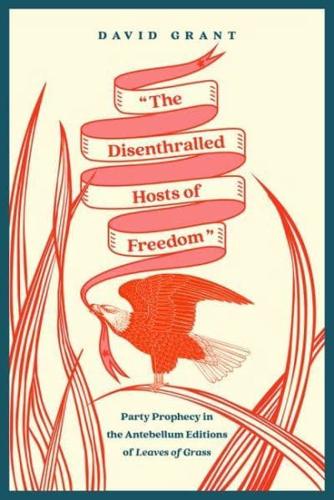Publisher's Synopsis
Walt Whitman wrote three distinct editions of Leaves of Grass before the Civil War. During those years he was passionately committed to party anti-slavery, and his unpublished tract The Eighteenth Presidency shows that he was fully attuned to the kind of rhetoric coming out of the new Republican party. This study explores how the prophecies of the pre-war Leaves of Grass relate to the prophecy of this new party. It seeks not only to ground Whitman's work in this context but also to bring out features of party discourse that make it relevant to literary and cultural studies.
Anti-slavery party discourse set itself the task of curing an ailing people who had grown compliant, inert, and numb; it fashioned a complete fictional world where the people could be reactivated into assuming their true role in the republic. Both as a cause and a result of this rejuvenation, they would come into their own and spread their energies over the land and over the body politic, thereby rescuing their country at the last minute from what would otherwise be the permanent dominion of slavery. Party discourse had long hinged its success on such magical transformations of the people individually and collectively, and Whitman's celebrations of his nation's potential need to be seen in this context: like his party, Whitman calls on the people to reject their own subordination and take command of the future, and redeem themselves as they also redeem the nation.










